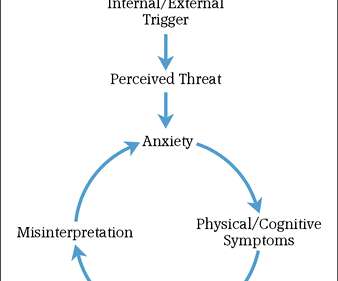NASW Member Voices: ADHD and Mindfulness
Social Work Blog
FEBRUARY 17, 2023
A study from Psychiatry International found possible benefits of mindfulness to help with self-compassion, quality of life, well being, depression, and anxiety. Social workers can familiarize themselves with evidence-based practices like CBT or DBT. Studies indicate that mindfulness is an effective model for helping clients with ADHD.













Let's personalize your content